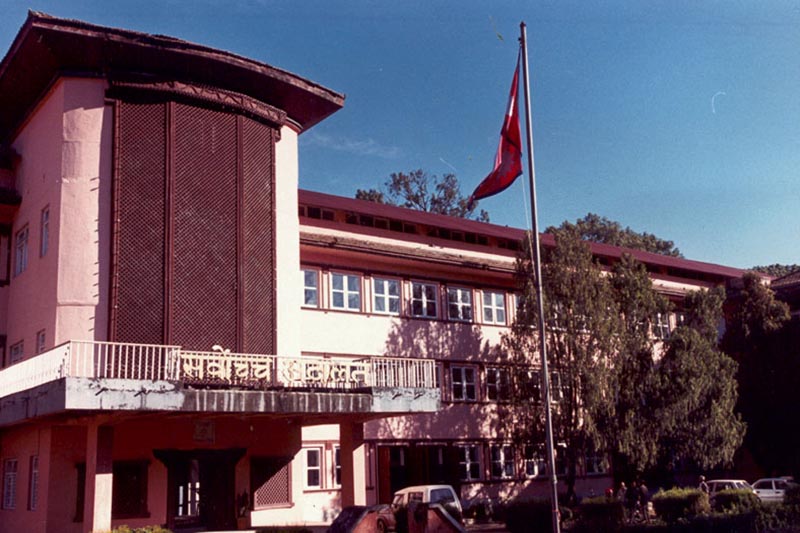Complete haliya, kamaiya rehabilitation in three years, Supreme Court tells govt
Kathmandu, July 7
The Supreme Court issued a directive to the government telling it to start rehabilitating freed kamaiyas (bonded agricultural labourers) within three months and to complete the process within three years.
The apex court also ordered the government to form a high level commission to address the problems of freed haliyas on the basis of their 11-point demand.
The order was passed by a division bench of Justice Deepak Raj Joshee and Justice Ananada Mohan Bhattarai in response to a writ petition filed by Dumre Kami, chairperson of Rastriya Mukta Haliya Mahasangh and others.
The haliya system allowed a well-to-do family to keep a tenant as slave for life for a small sum of loaned money. The system which was prevalent in western and far-western Nepal was abolished in 2008 .
The SC ordered the government to start the process of completing the remaining work related to freed haliyas’ rehabilitation, including the process of issuing identity cards, constructing quake resistant houses, providing safe, arable land and employment opportunities. The court also told the government to provide nutritious food to freed haliya families till they got the chance to harvest their crops. The court also told the government to take care of education and health needs of children of freed haliyas.
“If human beings are exploited in the name of customs and practices, if they are made to pay compound interests and if they are forced to work as haliya for generations, if they do not have enough to eat and if their children are deprived of basic rights such as education and health, then this is a matter of national shame,” the apex court observed in its verdict. Rehabilitation of freed halilyas cannot be a matter of somebody’s whim or discretion as the constitution states that rehabilitation of haliyas, weaker sections of society and backward classes is the state’s responsibility, the SC observed.
The haliya system was akin to slavery. It was outlawed by the Interim Constitution under which this petition was filed, the SC observed. The SC also said the directive principles of the present constitution guaranteed housing facilities and employment opportunities to freed haliyas, former kamaiyas and landless people.
The SC observed that the agreement signed between the government and haliyas must be implemented as per the constitution.
Mukta Haliya Mahasangh had signed a five-point agreement with the government on September 5, 2008. Similarly, a committee formed under a joint-secretary of the peace and reconstruction ministry had submitted a 10 point recommendation on September 26, 2008 outlining measures to rehabilitate them.
The petitioners said the government collected data of very few freed haliyas and instead of rehabilitating them, it delayed their rehabilitation on various pretexts.
They said freed haliyas were living in miserable condition due to the government’s apathy.
The government had decided on September 6, 2008 to end the haliya system, which was prevalent in 12 districts of Surkhet, Jajarkot, Humla, Kailali, Kanchanpur, Dadeldhura, Doti, Achham, Bajhang, Bajura and Darchula.
The five-point agreement had also mentioned the waiver of loans taken by haliya families.
Haliyas had demanded that they be given 10 katthaland in the Tarai and 10 ropani in the hills to make ends meet. They had also demanded Rs 100,000 per family as interim relief.
According to case details, the government had collected data of 19,059 freed haliya families from far-western and western Nepal.






